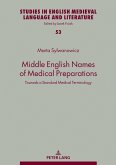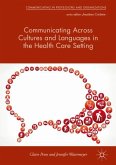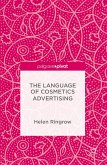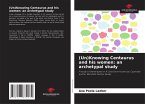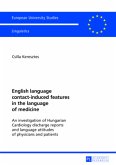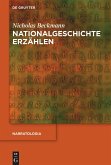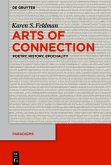It has become a truism that we all think in the narrative mode, both in everyday life and in science. But what does this mean precisely? Scholars tend to use the term 'narrative' in a broad sense, implying not only event-sequencing but also the representation of emotions, basic perceptual processes or complex analyses of data sets. The volume addresses this blind spot by using clear selection criteria: only non-fictional texts by experts are analysed through the lens of both classical and postclassical narratology - from Aristotle to quantum physics and from nineteenth-century psychiatry to early childhood psychology; they fall under various genres such as philosophical treatises, case histories, textbooks, medical reports, video clips, and public lectures. The articles of this volume examine the central but continuously shifting role that event-sequencing plays within scholarly and scientific communication at various points in history - and the diverse functions it serves such as eye witnessing, making an argument, inferencing or reasoning. Thus, they provide a new methodological framework for both literary scholars and historians of science and medicine.
Bitte wählen Sie Ihr Anliegen aus.
Rechnungen
Retourenschein anfordern
Bestellstatus
Storno



